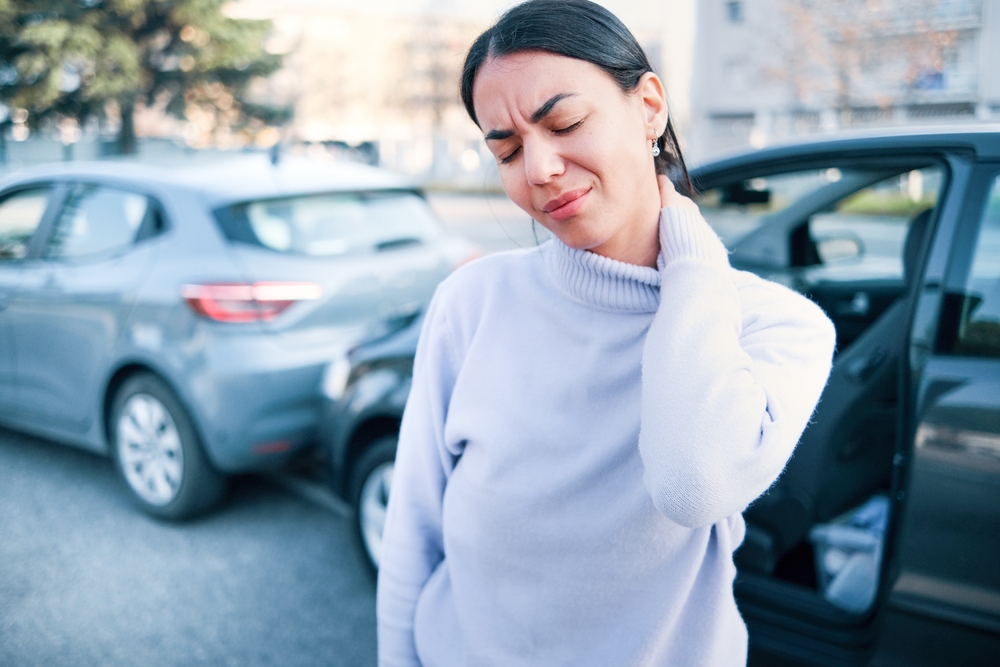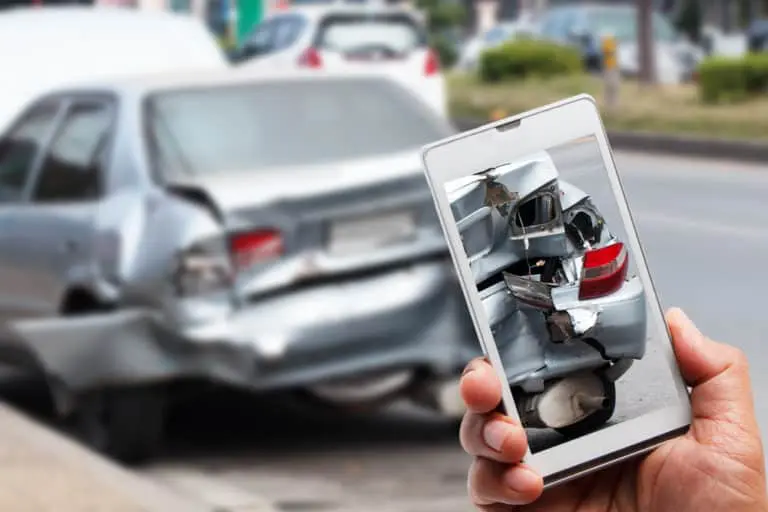Why Recovery Takes More Than Just Time
Recovering from a car accident is more than just waiting for the body to heal. Aside from visible injuries and physical ailments, patients often deal with a heavy emotional toll from their accident. Because auto injuries can greatly impact your quality of life both physically and mentally, it’s important to take care of both the body and the mind in your recovery.
This accident recovery guide shares eight steps you can take daily to ensure a smooth and manageable recovery. At ProCare, our full team of experts— chiropractors, orthopedists, pain management specialists, and counselors— provides patients with complete care. For more in-depth steps and strategies, explore our comprehensive guide on car accident recovery.
1. Prioritize a Medical Check-Up Right Away
After an accident, even if injuries seem minor, it’s possible for symptoms to appear days later. Neck stiffness, back pain, or a headache may be signs of underlying issues that need more immediate treatment. Early attention to pain helps providers determine the mechanism of injury, and begin treatment before problems get worse.
Treatment plans from orthopedists, chiropractors, and pain specialists play a vital role in guiding recovery. Making plans to see a doctor after a car accident can set you up for a faster healing process with more positive outcomes.
2. Focus on Balancing Rest and Movement
While rest is important after an accident, too much bed rest can slow down recovery, leading to stiffness, atrophy, and muscle weakness. Instead, aim for a balance of rest and active recovery. Give your body time to reset, but include light activities such as walking, gentle stretching, or guided exercises.
Working with a specialist to understand the changes in your body after an auto injury can help you recognize why mobility is so important. Active rehab focuses on safe, supervised exercises that reduce pain and restore strength. Another way to help prevent long-term limitations is to incorporate stretching to support recovery.

3. Manage Pain Without Over-Reliance on Medication
Though medication can provide temporary relief, long-term recovery often requires more sustainable solutions. Ice, heat, and topical treatments can also ease short-term discomfort, whereas interventional treatments and chiropractic adjustments address the pain at its source.
With support from pain management specialists, patients gain realistic strategies to reduce pain without becoming overly dependent on medication, managing chronic pain post-accident.
4. Support Your Body Through Nutrition and Hydration
Fueling your body properly is crucial for proper healing. Eating food rich in protein, vitamins, and anti-inflammatory foods like berries, leafy greens, and fish rich in omega-3 can promote tissue repair.
Hydration also plays a key role in joint and muscle recovery. Research shows that proper nutrition has been shown to enhance the recovery process after injuries from combat sports, and the same applies to car accident recovery. Avoiding processed foods and excess alcohol is important at this time, so as not to slow progress.
5. Pay Attention to Your Mental Health

While physical ailments are the most commonly talked about side effects, anxiety, sleep troubles, and flashbacks can also occur after a car accident. It’s important to prioritize your mental health, starting with mindful practices like journaling and breathing exercises that can help reduce stress.
If these symptoms begin to interfere with daily life, working with a professional can provide valuable support. Many clinics offer counseling services with training in car accident care to help individuals process trauma and move forward. You can also explore strategies for recovering mentally after a car accident to better understand what to expect during the healing process.
6. Protect Yourself from Re-Injury
Once you’ve been injured, it’s more important than ever to protect yourself from further setbacks. That may mean adjusting driving habits like choosing shorter trips, avoiding night driving if it causes anxiety, or making ergonomic changes at home and in your car.
Some individuals may also benefit from braces, cushions, or posture supports recommended by their healthcare providers. Participating in an active rehabilitation program can help teach safe movement strategies and build strength to lower the risk of re-injury.
7. Lean on Your Support System
Recovery is easier when you don’t face it alone. Family, friends, and care teams can play an important role in the recovery process with encouragement, accountability, and perspective when the process feels slow.
Following through with treatment plans, appointments, and at-home exercises becomes much more achievable with a support system in place. ProCare’s integrated care team includes physicians, therapists, and PTSD specialists who understand the physical and emotional aspects of healing.
8. Track Your Progress Over Time
Paying attention to gradual improvements can help with recovery from feeling like a discouraging process. Keeping a journal of pain levels, mood, and mobility helps you see the smaller increments of progress, as well as share more accurate updates with your providers.
This simple practice helps keep you motivated and build confidence while helping your care team adjust your treatment plan as needed.
Recovering After a Car Accident Is a Process, Not a Race
Healing after an accident is a process that can have its ups and downs. Small, daily choices, like movement, proper rest, and eating well, make the biggest difference to meaningful progress in recovery.
With a supportive team and the right guidance, recovery doesn’t have to feel so daunting. ProCare’s multidisciplinary approach makes comprehensive recovery possible. Find car accident injury care near you and take the next step toward feeling better.



